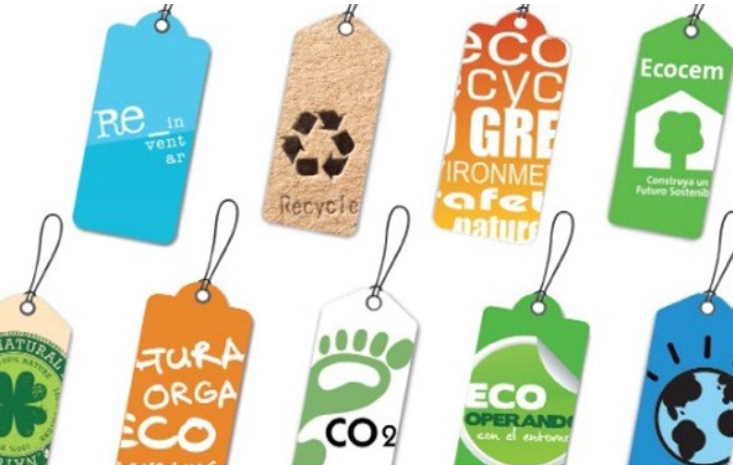The fact that consumers pay a higher price (or premium) for eco-labeled products does not affect their rights in any way. For its part, the choice of labels is voluntary, so the purchase process is subject to the general rules of Argentine law. It must be clear that eco-labels must comply with their obligation to provide ecological information regarding the products to which they refer.
Otherwise, this would affect consumer rights. Unfortunately, due to its extension, this topic cannot be dealt with in this thesis. We will say that the certification marks (in this case the labels) are not defined in Argentine trademark law.
We know that consumers are protected under Argentine law by Articles 42 and 43 of the National Constitution, Law No. 24.240, and the National Civil and Commercial Code, as well as an extensive body of international consumer regulations. In return, Argentina adopted Mercosur Council Decision No. 26 of 28/06/2007, which defines sustainable consumption as the use of goods and services that meet human needs and provide a better quality of life, while at the same time reducing the use of natural resources, hazardous materials and minimize the generation of waste and pollutants without jeopardizing the needs of future generations.
Finally, the terms “organic”, “ecological”, or “biological”, “eco” or “bio”, cannot be registered as trademarks when they refer to products of agricultural origin such as food, fiber, wood, furniture, or paper, as decree 97/2001, which enacts law number 25.127 Regulates (to promote and develop internal and external markets for organic, biological or organic products and foodstuffs). The same decree prohibits the marketing of products of agricultural origin, raw materials, and others under the label of “organic” as long as they do not have the relevant certifications and authorizations granted by the applicant authority.
CONCLUSIONS
Based on what has been said in this report, we can come to some conclusions. Among the most important, we can highlight that:
- Consumers who are usually labeled as ethical or responsible tend to be (at least in some cases) willing to pay higher prices for environmentally friendly products. At the same time, these consumers pay this premium price when they recognize the products as “eco-friendly”. This process is facilitated by the many voluntary eco-labeling schemes that drive consumer choices.
- Consumers’ rights are fundamentally ruled by important national and international regulations, as mentioned.
- Certification marks are not governed by Argentine trademark law.
You can read the original post in Spanish online at the following link at Argentine Legal Information System (SAIJ)

Leave a Reply